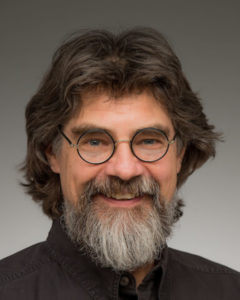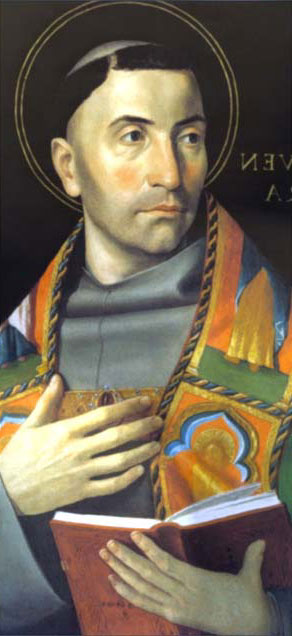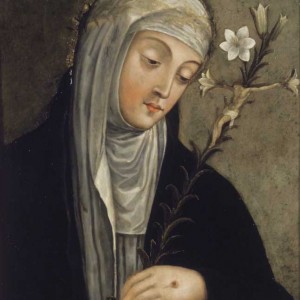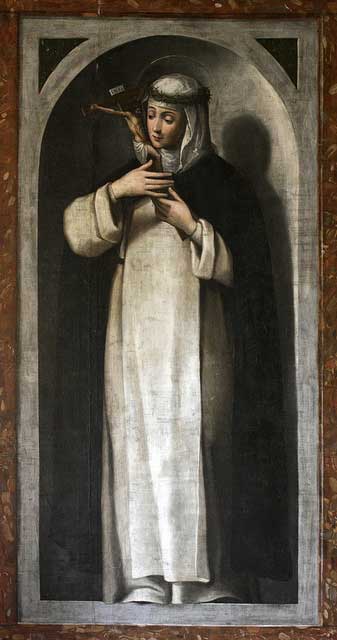Podcast: Play in new window | Download (Duration: 27:52 — 19.3MB) | Embed
Subscribe: Apple Podcasts | Spotify | Amazon Music | Android | Pandora | iHeartRadio | JioSaavn | Podchaser | Gaana | Podcast Index | Email | TuneIn | Deezer | Anghami | RSS | More

Episode 8 – The Life of Mystagogy – Pathway to Sacred Mysteries with Dr. David Fagerberg Ph.D.
Dr. David Fagerberg and Kris McGregor explore the profound connections between liturgy, sacrifice, and the layperson’s role in the Catholic Church. Liturgy begins with personal preparation and participation. The sacrifice in the liturgical context is about offering oneself to God rather than merely giving something up. They highlight the significant role of the laity, who possess an “interior priesthood” that complements the ordained priesthood, and caution against practices that blur the distinct roles of clergy and laity, which can undermine the true value of lay participation.
In understanding one’s baptismal identity for full liturgical participation, it calls for better catechesis and mystagogical formation. Sacred and profane are complementary aspects of God’s world, with sacred moments and places offering a perspective that helps believers recognize the holiness in everyday life. True evangelization involves deepening the baptized Christians’ understanding and living out of their faith, fostering continuous personal transformation. The liturgical rhythm provides structure and coherence to life, enabling believers to integrate the sacred with the profane meaningfully.
Here are some of the topics explored in this episode:
- What is it to live the liturgy?
- What occurs at our baptism?
- What is our role true role in the liturgical celebration?
- What is the nature of “mystagogy?”
From the discussion with Dr. Fagerberg:
“Liturgy is doing the world the way it was meant to be done, but I can’t do it the way it was meant to be done unless I know what I am supposed to be doing. And unless I know what God wants me to be doing, and unless I know what God intends for the world. So I have to spend some time with the blueprint drawer, with the architect, with the designer. I don’t know how this family should operate, or this marriage should operate, or this justice in society should operate unless they spend some time with the source of love and the source of justice and the source of life. So we go into the sacred in order to inhale, so that we can conduct our sacramental, ascetical, and mystical life. I live this life seven days in the world before Icome into the sacred on the eighth day, then I take a step up into heaven, so that I can see heaven around me.”
Discerning Hearts Reflection Questions
- Understanding Perichoresis: How does the concept of perichoresis deepen your understanding of the Trinity and its relationship within itself?
- Embracing Kenosis: In what ways can you practice kenosis, or self-emptying, in your own life to better follow Christ’s example?
- Participating in Synergy: How can you better cooperate with God’s grace in your daily activities, seeing it as a divine dance where God leads?
- Liturgy as Transformation: How does viewing liturgy as a transformative encounter rather than just a ritual change your approach to worship?
- Universal Call to Holiness: Reflect on your vocation as a baptized Christian. How can you live out your call to holiness in your current state of life?
- Offering Spiritual Sacrifice: What aspects of your daily life can be offered as a spiritual sacrifice to God?
- Priesthood of All Believers: How do you understand your role in the priesthood of all believers, and how can you actively participate in this communal priesthood?
- Continuous Conversion: In what ways can you embrace a continual process of conversion to deepen your union with God through the liturgy and sacraments?
For more podcast episodes of this series visit the Pathways to Sacred Mysteries w/Dr. David Fagerberg page
David W. Fagerberg is Professor in the Department of Theology at the University of Notre Dame. He holds masters degrees from Luther Northwestern Seminary, St. John’s University (Collegeville), Yale Divinity School, and Yale University. His Ph.D. is from Yale University in liturgical theology.
Fagerberg’s work has explored how the Church’s lex credendi (law of belief) is founded upon the Church’s lex orandi (law of prayer). This was expressed in Theologia Prima (Hillenbrand Books, 2003). He has integrated into this the Eastern Orthodox understanding of asceticism by considering its role in preparing the liturgical person. This was treated in On Liturgical Asceticism (Catholic University Press, 2013). And these two themes come together in Consecrating the World: On Mundane Liturgical Theology (Angelico Press, 2016).
He also has an avocation in G. K. Chesterton, having published Chesterton is Everywhere (Emmaus Press, 2013) and The Size of Chesterton’s Catholicism (University of Notre Dame, 1998).











 A prayer to our Guardian Angel
A prayer to our Guardian Angel

